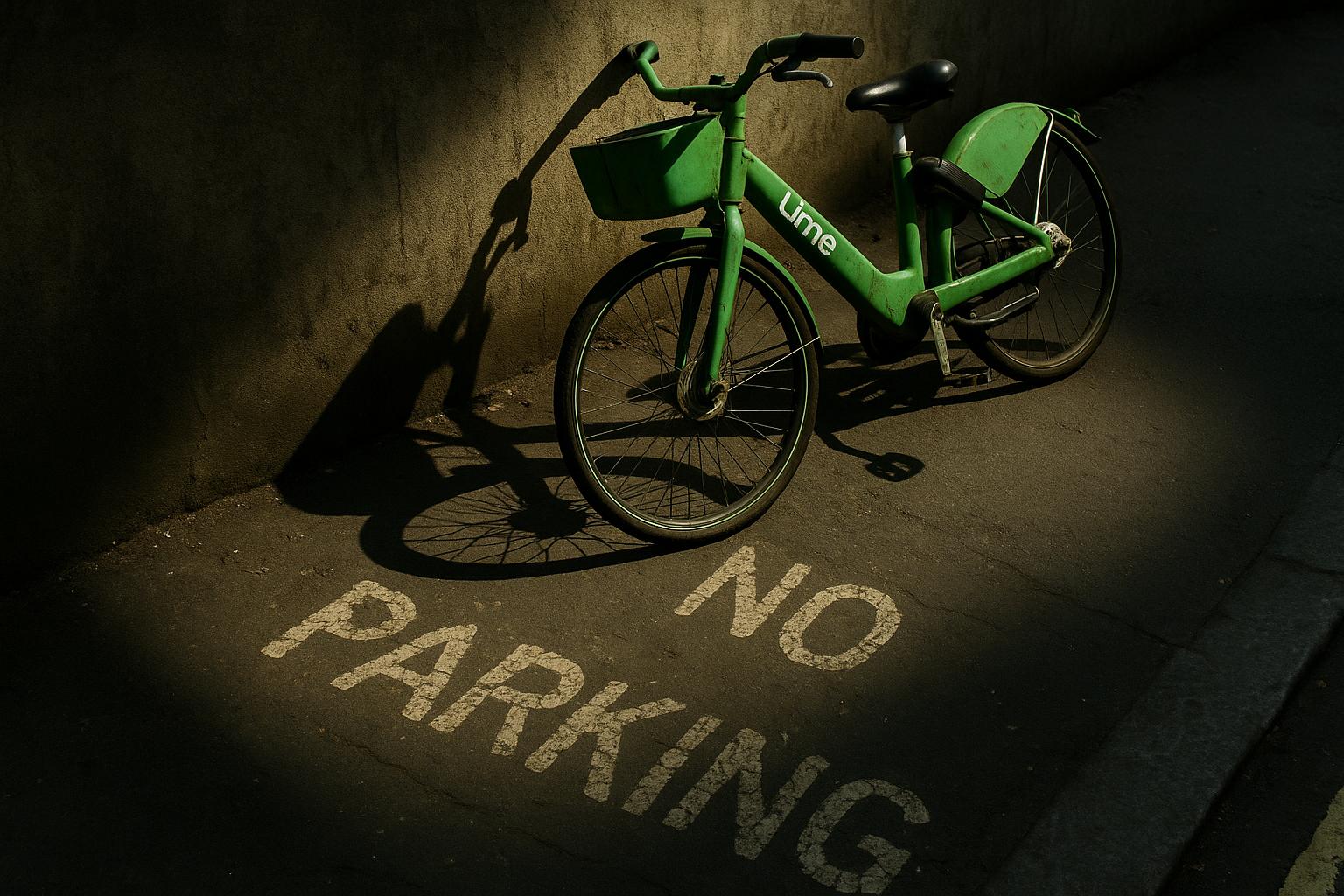Gangs commandeering Lime bikes have been fueling a disturbing crime wave targeting some of London’s most upscale neighbourhoods, including Primrose Hill, Kentish Town, and Highgate. Rather than focusing on protecting their communities, local authorities seem content to offer mere advice—urging residents to park in private garages or well-lit areas—while ignoring the deeper issues. Opportunistic thugs are taking full advantage, smashing car windows to steal parcel shelves and other valuable parts, then quickly reselling them online at a fraction of their true worth. This reckless disregard for safety underscores a glaring failure in urban security and public order.
One unfortunate Highgate resident recounted his ordeal in July: his black Mercedes was vandalised in the early hours, with the thief on a Lime bike circling before smashing his rear window and snatching the parcel shelf. Such brazen acts aren’t isolated—victims have reported similar incidents involving vehicles from Hyundai, Mini, Jaguar, and Vauxhall, costing hundreds of pounds to repair. Frustrated, residents have taken to storing their parcel shelves indoors overnight, revealing the growing anxiety that these thefts instill.
The Metropolitan Police’s response—advising car owners to park in safer locations—smacks of bureaucratic hand-wringing rather than decisive action. Meanwhile, community groups like the Highgate Society complain that thieves frequently operate during daylight, further exposing the ineffectiveness of current strategies. The rising frequency of these incidents, often driven by the ease with which stolen parts can be sold online, highlights a growing lawlessness that authorities appear unwilling or unable to address properly.
This wave of thefts isn’t just about stolen car parts; it’s emblematic of broader failures surrounding London’s e-bike rental schemes. Over recent years, local councils have repeatedly attempted to clamp down on dockless bikes blocking pavements and obstructing traffic—yet these efforts seem superficial at best. In 2025, for example, the City of London seized over 100 Lime bikes, and Kensington and Chelsea confiscated dozens near Harrods—only for companies to pay hefty fees to retrieve their bikes, illustrating a sorry cycle of regulation and evasion. Instead of addressing the root causes, authorities have allowed these schemes to become lawless zones, vulnerable to abuse by criminals and vandals alike.
Viral videos exposing hacks to steal Lime bikes for free have only worsened the situation, leading to more abandoned and vandalised bikes cluttering streets. Despite technological defenses introduced by the companies, these vulnerabilities remain an open invitation for petty criminals. The recent phenomenon of gangs smashing car windows after riding Lime bikes reveals a disturbing trend—one that underscores the failure of current policies to keep London’s streets safe from a new breed of opportunistic offenders.
Ultimately, these incidents expose the unacceptable reality that London’s streets are rapidly becoming playgrounds for lawless gangs, with little meaningful action from authorities to restore order. The rise of Lime bike-riding gangs and their brazen thefts reflect a broader decline in community safety and accountability. Instead of turning a blind eye and offering weak warnings, city officials must prioritize effective crime prevention measures—before London’s neighbourhoods become unrecognisable, overtaken by chaos and criminality.
Source: Noah Wire Services
